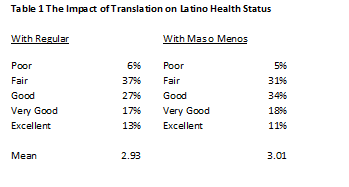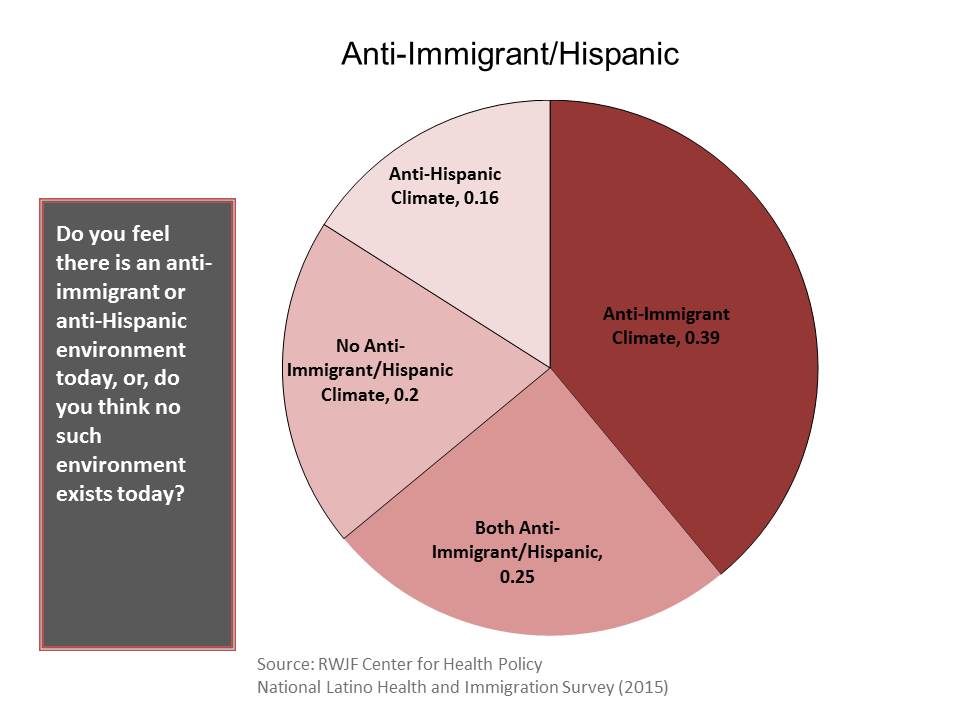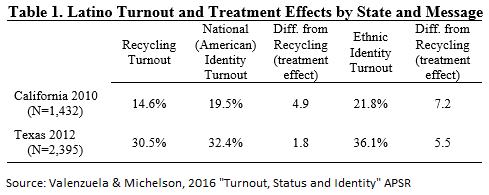The issue of language translation has concerned survey researchers for some time. While much of this work has been conducted by scholars interested in making comparisons across nations with differences in language use, research focused on the United States has had to consider the potential bias associated with translation more recently. With large foreign-born populations, non-English language use is highly salient for scholars interested in comparisons between these populations and whites. We find that a large segment of Latino respondents, even those that are fully bilingual, prefer to conduct survey interviews in Spanish. For example, 61 percent of respondents to the Latino National Survey (2006), a major national telephone survey of 8,600 respondents, chose to conduct their interview in Spanish. Given the high number of respondents who are interviewed in Spanish when bilingual interviewers are utilized, it is critical to have a handle on whether any bias is introduced in the translation process.
Political scientists have found evidence that political concepts introduced to respondents in Spanish are not always equivalent to those in English, although it is generally assumed that the measures utilized in both languages are tapping into the same concept. Researchers focused on understanding racial and ethnic health disparities are interested in the ramifications of language translation bias as well. Some suggest that bias associated with the language of interview has led to higher observed rates of Latino health status than would be normally expected. For example, a recent article in the American Journal of Public Health suggested that the translation of the category fair to regular in the typical self-rated health measure utilized in many surveys may denote a more positive meaning in Spanish than it is intended to, thus inflating self-reports of health among Spanish speaking Latinos. While scholars have yet to directly test this hypothesis, a recent Viruell-Fuentes et al. (2010) study finds that conducting the survey interview in Spanish was in correlated with an increased likelihood of rating health as fair or poor across two datasets, even when controlling for several other factors.
To more directly test whether language of interview impacts observed rates of Latino health status, I included a split-sample research design in a recent Latino Decisions survey. In short, we manipulated the Spanish translation of the response category fair in questionnaires administered to respondents who elected to take the survey in Spanish so that half of the Spanish language respondents were provided the phrase mas o menos and the other half the more commonly used regular. It is important to note that this research design requires a large sample of Spanish speaking Latinos that is similar to the actual population. The Latino Decisions methodological approach ensures that fully bilingual interviewers are utilized for each call and that each respondent is greeted in both English and Spanish. These steps result in large sub-samples of Spanish speaking Latinos.
The descriptive statistics from this experiment suggest that translation terminology does impact Latino self-rated health status. As depicted in the table below, the mean for the health status variable is higher when respondents are provided the phrase mas o menos (3.01) as compared to regular (2.92). The frequencies associated with each translation approach also suggest that differences in translation influence observed Latino health status, as more respondents select the fair category when posed with the term regular (37%) as compared to mas o menos (30%). This appears to support the argument that the use of the term regular suppresses Latino health status among Spanish speaking respondents.
Given the rise in surveys including large samples of Latinos, understanding the potential ramifications of language translation bias is both important and timely. This brief analysis suggests that split-sample approaches, like the one used here, can help us improve our knowledge of this issue. Given the salience of this issue within the public health literature, these initial results may hopefully lead to additional work in this area.
Gabriel R. Sanchez is an Associate Professor of Political Science at the University of New Mexico and Research Director for Latino Decisions.



